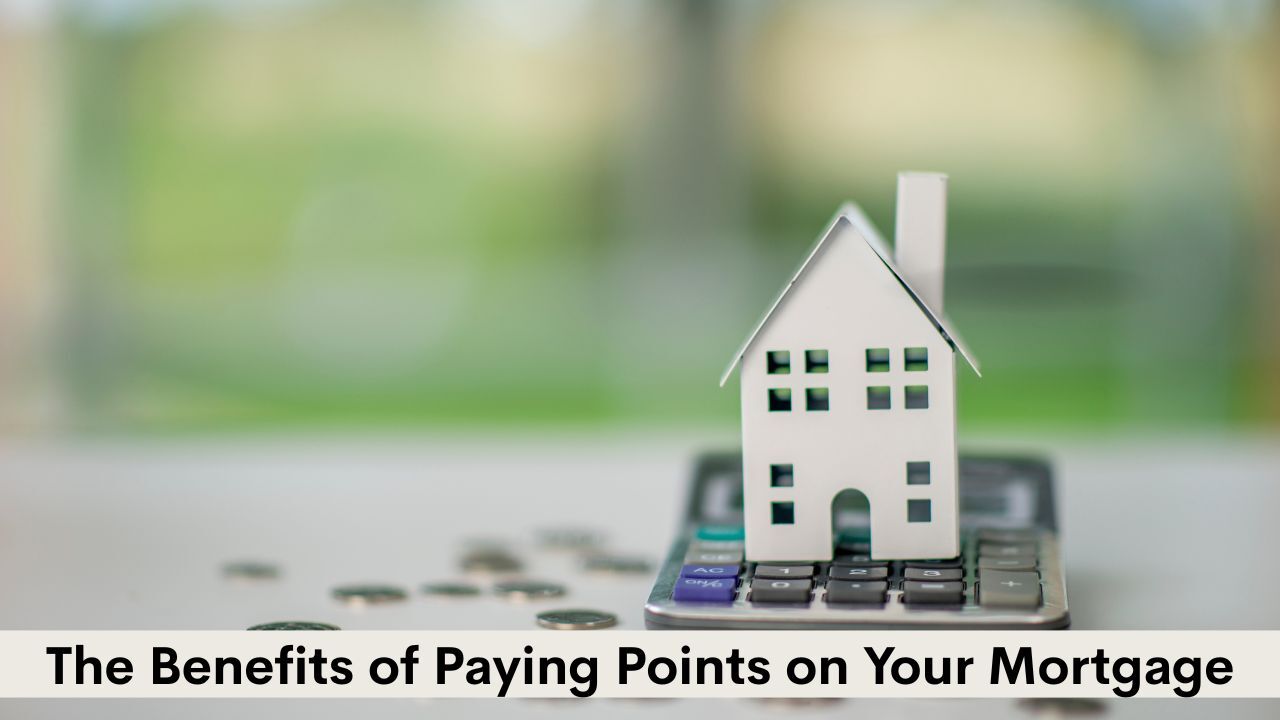 The Benefits of Paying Points on Your Mortgage
The Benefits of Paying Points on Your Mortgage
When you take out a mortgage, you may be given the option to pay points in exchange for a lower interest rate. A mortgage point, also known as a discount point, is equal to 1% of the loan amount. For example, if you re financing $200,000, one point would cost $2,000. While paying points means you ll pay more upfront, it can offer long-term savings. Understanding the benefits of paying points on your mortgage can help you decide if it’s the right move for you.
What Are Mortgage Points?
Mortgage points are fees paid directly to the lender at closing in exchange for a reduced interest rate. When you pay points, you essentially buy down the interest rate, which lowers your monthly payments. Typically, paying one point will reduce the interest rate by 0.25%, though this can vary depending on the lender and the market. While this option increases your upfront costs, it can result in significant savings over the life of the loan, especially if you plan to stay in the home for an extended period.
Lower Monthly Payments
The most obvious benefit of paying points on your mortgage is that it reduces your monthly payments. By lowering your interest rate, your monthly mortgage payment will be smaller, which can make a substantial difference in your monthly budget. For many homeowners, this can provide much-needed relief, particularly if they are dealing with high-interest rates or trying to reduce debt. Over time, the savings from lower payments may offset the initial cost of paying for points, making it a financially sound decision.
Long-Term Savings
In addition to lowering your monthly payment, paying points can result in long-term savings. The interest you save over the life of your loan can be substantial. For example, on a 30-year loan, reducing your interest rate by just 0.25% can save thousands of dollars in interest over the course of the loan. If you re planning to stay in the home for many years, paying points can be a wise investment, as the upfront cost will eventually pay for itself through the lower interest payments.
When Paying Points Makes Sense
Paying points may be a good choice if you have extra cash available at closing and plan to stay in your home for a long period. The longer you stay in the home, the more beneficial paying points can be, as it will take time for the upfront cost to be offset by the savings on your monthly mortgage payments. It s also a good idea if you re currently facing a high interest rate and want to lock in a lower rate without refinancing in the future. However, if you plan to sell or refinance in a few years, the upfront cost may not be worth the savings.
Factors to Consider
Before deciding to pay points, it s important to consider several factors, including your budget, how long you plan to stay in the home, and whether the upfront cost is feasible. You should also weigh how much you ll save with the lower interest rate versus the initial expense of paying the points. If you are unsure whether paying points is the right option, speaking with a mortgage professional can help you analyze the potential benefits based on your personal financial situation.
 In the world of home financing, mortgage points are a powerful yet often misunderstood tool that can significantly impact your long-term financial outlook. Whether you’re purchasing a home or refinancing, understanding how these points work can help you make more informed decisions that align with your financial goals.
In the world of home financing, mortgage points are a powerful yet often misunderstood tool that can significantly impact your long-term financial outlook. Whether you’re purchasing a home or refinancing, understanding how these points work can help you make more informed decisions that align with your financial goals.